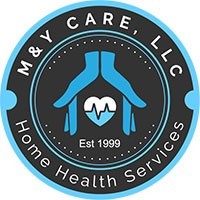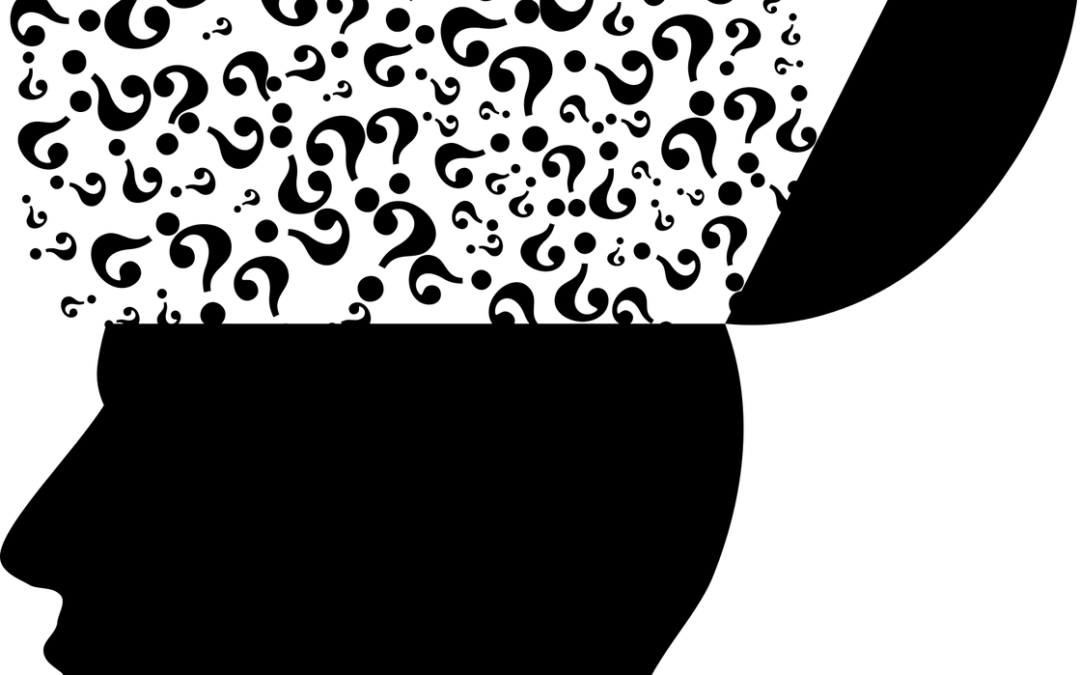For many, the COVID-19 virus and accompanying shelter-in-place orders means a worsening of mental or behavioral health conditions. For seniors already grappling with depression or anxiety, the outbreak has likely only compounded issues further.
With that in mind, many home health companies — including AccentCare and Elara Caring, two of the largest providers in the country — are working double-time on their behavioral health services.
Overall, about 47 million Americans have reported having a mental illness in the past year, according to statistics from the Kaiser Family Foundation (KFF). More than 11 million have had a mental illness that caused functional impairment and restricted life activities.
Seniors are especially vulnerable to stress associated with COVID-19, as they have a higher risk of facing severe illness from contracting the virus.
Since the start of the public health emergency, roughly half of surveyed adults in the U.S. believe their mental health has suffered from stress related to the COVID-19 virus, according to KFF.
“We’ve definitely seen escalated concerns — stress, fear, anxiety — caused by the COVID crisis,” Scott Powers, CEO of Elara Caring, told Home Health Care News.
Addison, Texas-based Elara Caring is a home health, hospice and personal care services provider with roughly 225 locations across 16 states. The provider serves more than 60,000 patients in total.
AccentCare has likewise seen a worsening of behavioral and mental health conditions. Additionally, there are numerous risk factors associated with being homebound that may uniquely impact older adults, Dave Davis, chief clinical innovation officer at AccentCare, told HHCN.
“We are already dealing with patients who, for the most part, are homebound oftentimes due to other functional disabilities,” Davis said. “There was already a layer of disconnect from their usual activities of daily living and communities. And then on top of this, having further isolation definitely exacerbates depression as well as anxiety.”
Dallas-based AccentCare has over 170 locations across the U.S. As a company, it provides skilled home health and personal care services, along with hospice care, private-duty nursing and care management services.
AccentCare’s behavioral health practice makes up about 13% of its home health visits, according to Davis.
Tackling social isolation
In the weeks after the COVID-19 public health emergency was officially declared, health authorities and other experts began recommending that people practice social distancing.
By mid-March, states began mandating shelter-in-place orders, with the closure of non-essential businesses and citizens receiving instructions to stay at home as much as possible to curb the spread of the virus.
While these measures are crucial in keeping individuals safe and healthy, they may also inflame the problems of isolation and depression. From 2017 to 2018, about 17 million adults had a major depressive episode, according to KFF.
AccentCare and Elara Caring aren’t the only home health providers to identify behavioral and mental health as red flags at this point in time. Behavioral health is also top of mind for insurance giant Humana Inc. (NYSE: HUM), which runs home-based care businesses Humana At Home and Kindred at Home.
“We’re seeing just a massive amount of depression and anxiety,” Humana CMO Dr. William Shrank previously told HHCN. “If you’re already depressed, there’s a good chance your condition is exacerbated. If you’re anxious at baseline, there’s a good chance that your condition is going to be exacerbated.”
When it comes to depression, seniors face the additional risk of being misdiagnosed and undertreated, as many seniors mistakenly assume their symptoms are general signs of aging.
In response to COVID-19, Elara Caring has addressed depression and other mental health challenges for its patients at home by redirecting many of the company’s resources. The goal: to find and communicate with high-risk seniors.
“One of the models we have employed, because we are uniquely positioned here, is an outreach team,” Powers said. “These aren’t necessarily paid outreaches. This is just doing the right thing and tracking these folks to make sure they get the care they need. And if they are not, seeing how we can help.”
This method has also allowed Elara Caring to regain patients who began canceling visits due to the fear of allowing a clinician into their homes, according to Powers.
“In addition to our telehealth platform, we’ve used our caretinuum platform, which is a clinical- and service-based outreach platform, to call people who have declined service,” Powers said. “We walked them through what we can do to protect them. We converted many of those folks, and they’ve allowed us to come into their homes.”
Elara Caring has loaded up on personal protective equipment (PPE) to ensure the safety of these home visits, he noted.
Elara Caring is a home health company that has built a dedicated behavioral health practice — making a name for itself in the process.
Currently, Elara Caring’s behavioral health business line operates in Connecticut, Massachusetts and Texas, with a census of about 4,000 patients. The company has plans to expand its behavioral health segment into five other states by the end of the year, according to Powers.
Similarly, AccentCare has taken a high-touch-point approach with its patients, especially with those who may have ceased receiving care in the home due to the COVID-19 virus.
“Any of the capacity that our existing behavioral health nurses may have because of patients who were deferring care — we rallied around those nurses and talked with them specifically about addressing patients who were deferring visits,” Davis said. “They began the outreach to those patients to ensure they get the necessary care and services.”
In order to accomplish this, AccentCare similarly leaned on telehealth.
“Being able to do a ‘keep-in-touch’ type virtual visit with the patients … was a way to interrupt some of the isolation from COVID-19,” Davis said.
While AccentCare hasn’t yet seen an uptick in behavioral health patients, the company anticipates that the public health emergency will eventually change this.
“We have always applied standardized screening tools related to depression and anxiety,” Davis said. “When any of our clinicians go out there using a standardized tool, they would help determine if a patient needs additional intervention. We do anticipate that, even patients who were doing well before, may not be doing as well now.”
Looking ahead, being able to receive care for mental health in the home setting will be more important than ever, according to Powers.
“The needs for these types of services will continue to grow,” he said. “We don’t see that these facility-based systems are going to be able to care for these people in the way they need. We are firm believers that if we can help these people in place, … this care model will excel and be effective.”
By Joyce Famakinwa | May 12, 2020
Source: Home Health Care News

